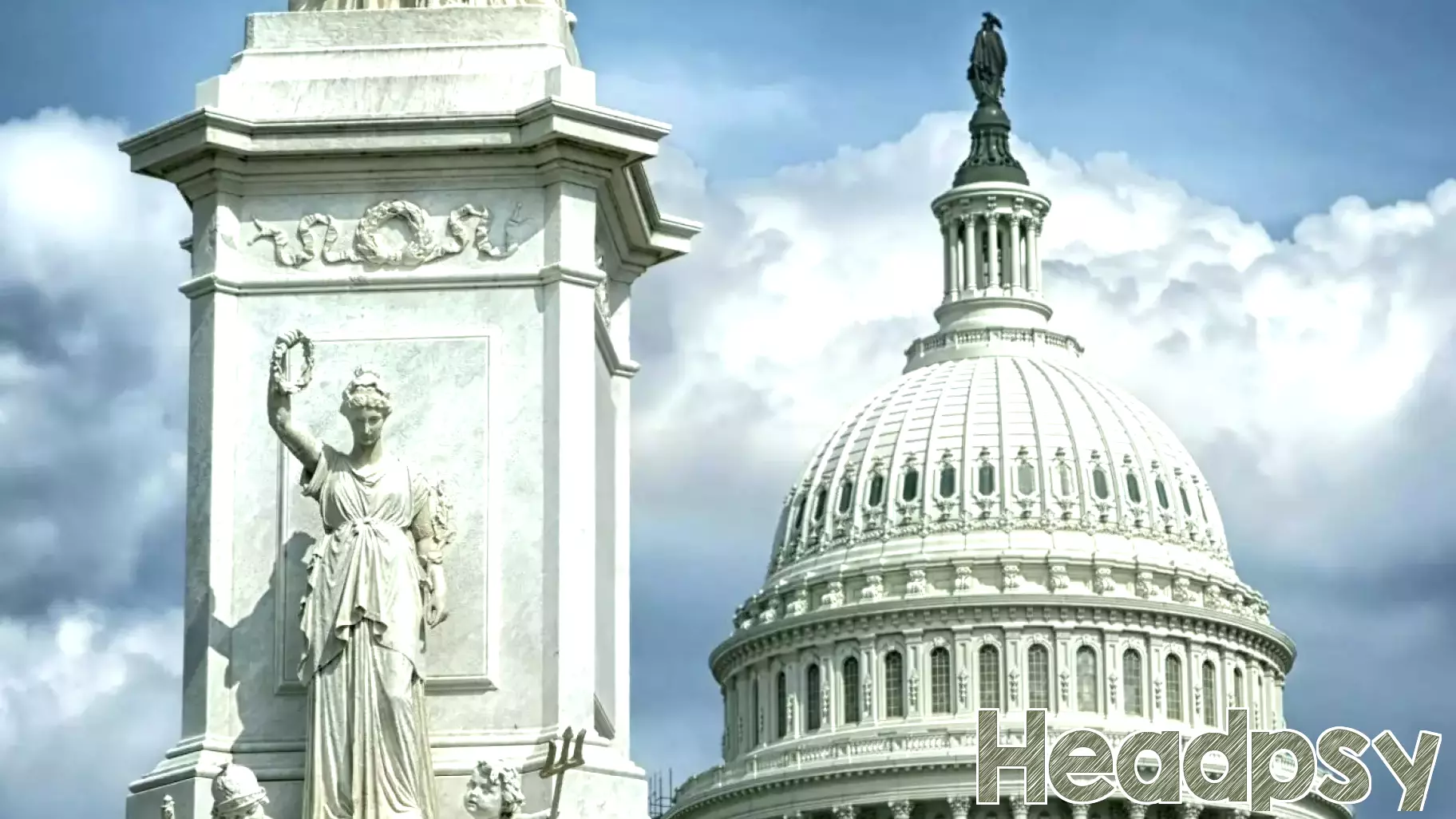The Crisis of Leadership and Its Impact on Political Polarization
April 22, 2025 - 17:34

A failure of leadership and followership has exacerbated political polarization and hampered effective decision-making. In recent years, the divide between political factions has widened, creating an environment where collaboration and compromise are increasingly rare. This polarization is not solely the result of differing ideologies; it is also a symptom of leaders who struggle to unite their constituents and engage in constructive dialogue.
Many political leaders seem more focused on maintaining their base and winning elections than on addressing the pressing issues facing society. This self-serving approach has led to a culture of divisiveness, where followers are encouraged to adopt extreme positions rather than seek common ground. As a result, important policies are stalled, and vital discussions about healthcare, climate change, and economic disparity are overshadowed by partisan bickering.
The lack of effective leadership fosters an atmosphere of distrust, where citizens feel alienated from the political process. To overcome this crisis, leaders must prioritize unity and engage in genuine conversations that bridge the gaps between opposing viewpoints. Only through collaborative efforts can we hope to restore faith in our political systems and address the challenges that lie ahead.
MORE NEWS

February 21, 2026 - 01:50
Why Babies Are CuteHave you ever wondered why a baby`s face seems to command your attention and care? The answer lies in a powerful evolutionary design. Specific features like large eyes, round cheeks, and a small...

February 20, 2026 - 13:07
Love Eternal’s Uncanny Mix of Precision Platformers and Psychological HorrorThe indie gaming scene continually pushes boundaries, and the upcoming title Love Eternal is a striking example. It fuses the demanding skill ceiling of a precision platformer with the unsettling...

February 19, 2026 - 20:44
Hyperphantasia: When Imagination Is as Vivid as Real LifeFor most, imagination is a gentle whisper of images and ideas. For those with hyperphantasia, it is a roaring, full-sensory experience. This condition represents the extreme upper end of the...

February 19, 2026 - 03:54
What Happens Inside Prof. Frances Frei’s Office HoursWhat happens when leaders drop the performance and bring their real problems? A weekly ritual in trust, candor, and disciplined thinking offers an answer. For years, Professor Frances Frei has...